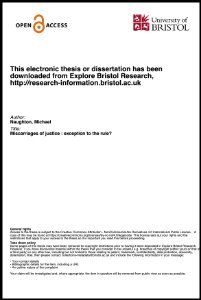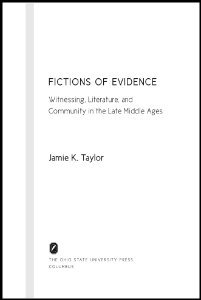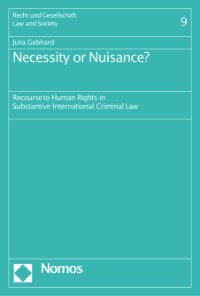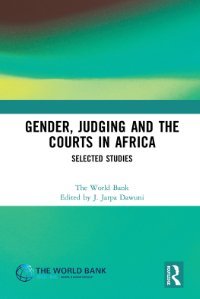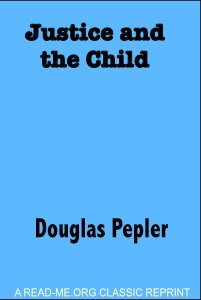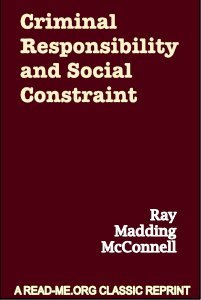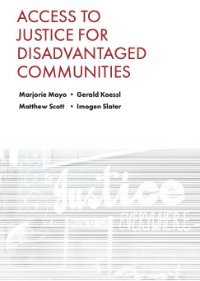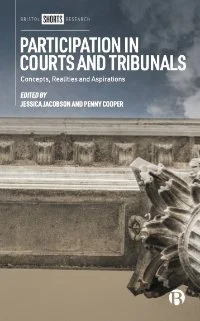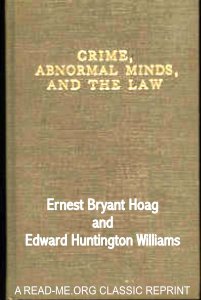By David Lammy
Across England and Wales, people from minority ethnic backgrounds are breaking through barriers. More students from Black, Asian and Minority Ethnic (BAME) backgrounds are achieving in school and going to university.1 There is a growing BAME middle class.2 Powerful, high-profile institutions, like the House of Commons, are slowly becoming more diverse.3 Yet our justice system bucks the trend. Those who are charged, tried and punished are still disproportionately likely to come from minority communities. Despite making up just 14% of the population, BAME men and women make up 25% of prisoners,4 while over 40% of young people in custody are from BAME backgrounds. If our prison population reflected the make-up of England and Wales, we would have over 9,000 fewer people in prison5 – the equivalent of 12 average-sized prisons.6 There is greater disproportionality in the number of Black people in prisons here than in the United States.7 These disproportionate numbers represent wasted lives, a source of anger and mistrust and a significant cost to the taxpayer. The economic cost of BAME overrepresentation in our courts, prisons and Probation Service is estimated to be £309 million a year.8 This report is the product of an independent review, commissioned by two Prime Ministers.9 The review was established to ‘make recommendations for improvement with the ultimate aim of reducing the proportion of BAME offenders in the criminal justice system’.10 It reflects a growing sense of urgency, across party-political lines, to find solutions to this inequity
London: Ministry of Justice, 2017. 108p.



